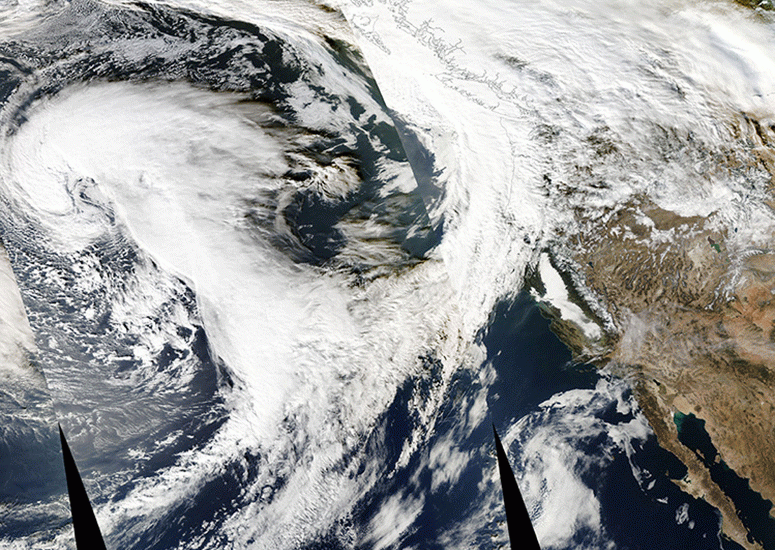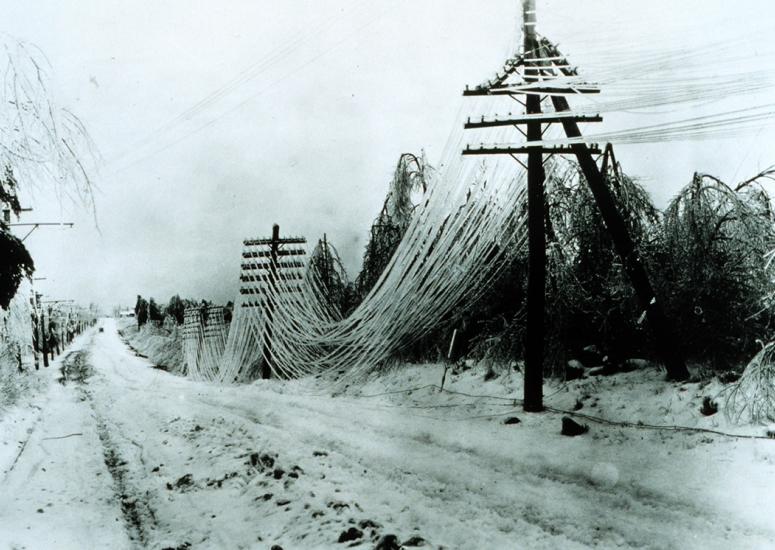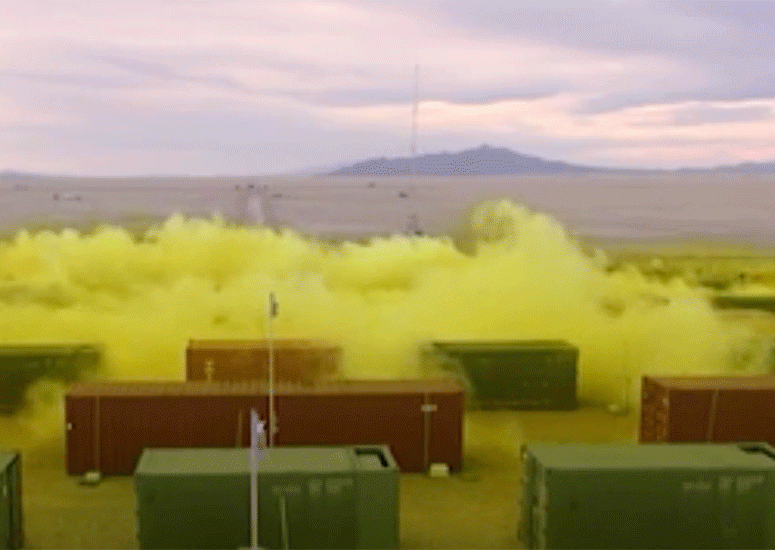-
UCAR statement on shooting at Florida State University
UCAR President Antonio Busalacchi offers condolences and support to the victims, their loved ones, and the FSU community.
- Organization
-

Looking to the Pacific, scientists improve forecasts of atmospheric rivers
Using advanced observing techniques, scientists are improving predictions of powerful atmospheric rivers.
- Weather
-

Screening of 2024 eclipse documentary Gathered in Darkness
On April 8, 2024, a total solar eclipse passed over a swath of the U.S., darkening skies from Texas to Maine. Thirty-six community scientist teams along with four professional science teams assembled across the path of totality, not just to view the celestial wonder, but also to collect data about the Sun’s upper atmosphere, or corona. On the evening of April 23, a little over a year after this scientific effort, a documentary about it will debut at the U.S. National Science Foundation National Center for Atmospheric Research (NSF NCAR) Mesa Lab in Boulder.
- Education + Outreach
-

Building to weather icing conditions
In order to make communities less vulnerable, structures must be built with extreme weather events in mind. Researchers at the U.S. National Science Foundation National Center for Atmospheric Research (NSF NCAR) are collaborating with SUNY Polytechnic Institute to do just that by updating structural design standards on icing conditions.
- Weather
-

NSF NCAR provides critical guidance to U.S. military planners
NSF NCAR scientists have developed a suite of high-technology tools that give military leaders vital intelligence about weather and climate conditions.
- Weather
